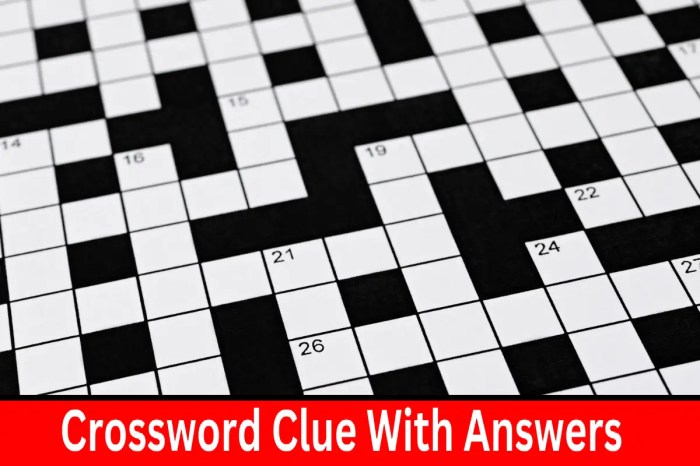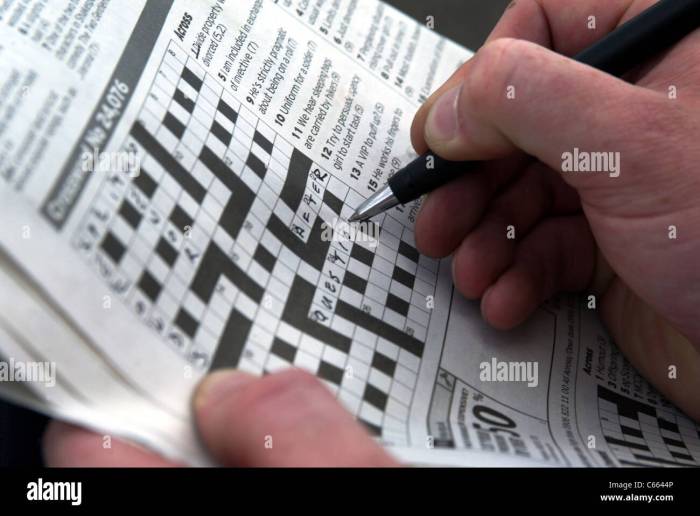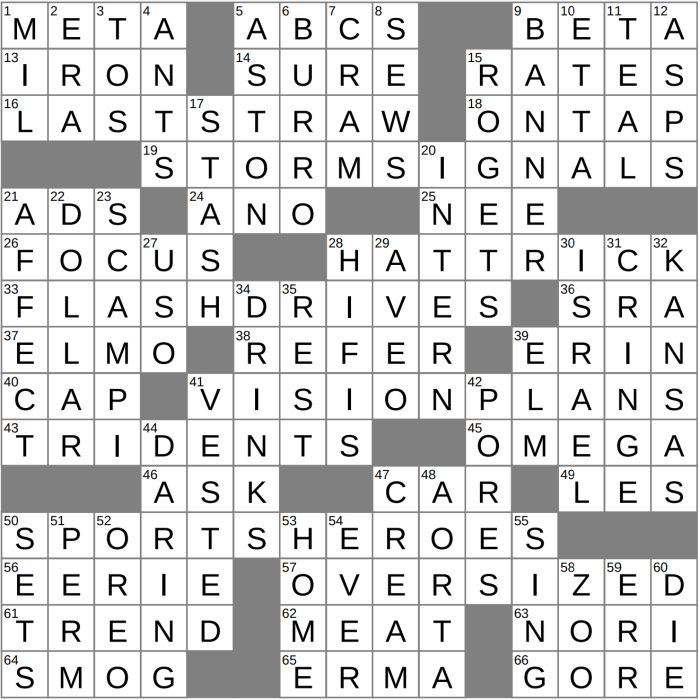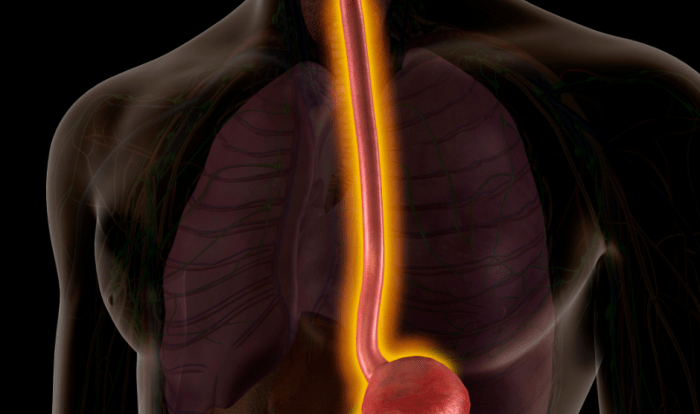Embark on a captivating journey into the realm of crossword puzzles, where “fills in for crossword clue” unveils the art of identifying and deciphering substitute words that breathe life into these enigmatic grids. Join us as we delve into the intricate patterns, contextual clues, and specialized knowledge that empower crossword enthusiasts to conquer the challenge of substitute clues.
Crossword puzzles, with their tantalizing wordplay and enigmatic clues, have captivated generations of puzzle enthusiasts. One of the most intriguing aspects of these puzzles lies in the use of substitute words, which stand in for the actual answer and require solvers to think outside the box.
Word Patterns and Meanings

Crossword clues often use specific patterns to indicate that a word is a substitute. These patterns can be found in the wording of the clue, the use of synonyms, or the inclusion of specific phrases.
Some common words or phrases that frequently serve as crossword substitutes include:
- “Another word for”
- “A synonym for”
- “A different way to say”
- “An alternative term for”
- “A substitute for”
Understanding these patterns can help solvers identify potential substitutes. By recognizing the clue’s intent, solvers can focus on finding words that fit the meaning of the clue rather than trying to match the exact wording.
Contextual Clues and Cross-Referencing: Fills In For Crossword Clue

Identifying suitable substitutes requires considering the clues surrounding the missing word. The grid layout also provides valuable hints about the substitute’s length and potential location.
Cross-Referencing Clues
Cross-referencing clues involves examining intersecting words to narrow down substitute options. For example, if the clue for a four-letter word intersecting a vertical clue is “a type of animal,” the substitute must be a four-letter animal name. This eliminates options like “dog” or “cat,” as they have more than four letters.
Contextual Hints
Contextual clues can provide hints about the substitute’s length, part of speech, or other characteristics. For instance, if the clue is “a small, furry animal,” the substitute is likely a noun that describes a small, furry animal. This narrows down the options to words like “mouse” or “hamster.”
Synonyms, Antonyms, and Related Words
Synonyms and antonyms are words that have similar or opposite meanings, respectively. Related words include homophones (words that sound the same but have different meanings) and abbreviations (shortened forms of words or phrases).
These relationships can be exploited to find substitute words for crossword clues. For instance, if a clue asks for a “word for happy,” synonyms like “joyful,” “elated,” or “merry” can be used as substitutes. Similarly, if a clue asks for a “word for sad,” antonyms like “unhappy,” “depressed,” or “miserable” can be used.
Related Words, Fills in for crossword clue
Related words can also serve as substitutes for crossword clues. For example, if a clue asks for a “word for a place to live,” homophones like “house” and “home” can be used as substitutes. Similarly, if a clue asks for a “word for a short period of time,” abbreviations like “min” (for minute) and “sec” (for second) can be used as substitutes.
To brainstorm potential substitutes based on these relationships, it is helpful to think about the different ways in which words can be related. For example, synonyms can be found by thinking about words that have similar meanings, while antonyms can be found by thinking about words that have opposite meanings.
When you’re stuck on a crossword clue that asks for a substitute, you can check out are strawberries a tcs food for some inspiration. This website offers a comprehensive list of possible answers to help you fill in the blanks.
Homophones can be found by thinking about words that sound the same, while abbreviations can be found by thinking about shortened forms of words or phrases.
Specialized Knowledge and Wordplay

Crossword puzzles often rely on specialized knowledge and wordplay to create challenging clues. Substitutes in these clues can range from obscure references to puns and cultural allusions.
Clues that require specialized knowledge often test solvers’ familiarity with specific fields, such as history, literature, or science. For example, a clue like “A type of tree that is often used in shipbuilding” might require knowledge of the shipbuilding industry to identify the substitute “teak”.
Puns and Wordplay
Crossword constructors frequently employ puns and wordplay to create clever and amusing clues. A clue like “What do you call a lazy kangaroo?” might have the substitute “pouch potato”, which is a humorous play on the phrase “couch potato”.
Cultural References
Cultural references are another common source of substitutes in crossword clues. For example, a clue like “The name of the first Bond movie” might have the substitute “Dr. No”, which refers to the 1962 James Bond film.
Strategies for Finding Substitutes
Solving crossword clues that require specialized knowledge or wordplay can be challenging, but there are several strategies that solvers can use:
- Research: If a clue stumps you, try researching the topic or reference online or in a dictionary.
- Use External Resources: There are many online resources, such as crossword solvers and forums, that can provide assistance with difficult clues.
- Think Creatively: Sometimes, the best way to solve a crossword clue is to think outside the box and come up with creative interpretations of the wording.
Advanced Techniques and Strategies

Crossword enthusiasts can employ advanced techniques to identify and solve clues requiring substitutes. These strategies involve understanding the underlying wordplay and utilizing specialized resources.
Substitute Word Identification
To identify substitute words, consider the clue’s wording and context. Look for words that suggest replacement, such as “instead of,” “in place of,” or “alternative.” Additionally, pay attention to wordplay involving synonyms, antonyms, homophones, or anagrams.
Online Resources
Online databases and tools can assist in finding substitute words. Crossword-specific websites often provide lists of common substitutes or allow users to search for words based on specific criteria. General-purpose search engines can also be helpful for finding synonyms or antonyms.
Time Management
When dealing with substitute clues, time management is crucial. Allocate sufficient time to identify and verify potential substitutes. Use a pencil and eraser to make changes as needed. If a particular substitute does not fit, move on and revisit it later with a fresh perspective.
Essential FAQs
What are the common patterns in crossword clues that indicate a substitute word?
Look for phrases like “another word for,” “synonym of,” or “abbreviation for.”
How can I use contextual clues to identify substitute words?
Pay attention to the surrounding clues and the overall grid layout. Context can provide hints about the length, part of speech, or other characteristics of the substitute.
What are some advanced techniques for solving crossword clues that require substitutes?
Use online tools or databases to find substitute words. Experiment with different combinations of letters and words based on the given clues.
